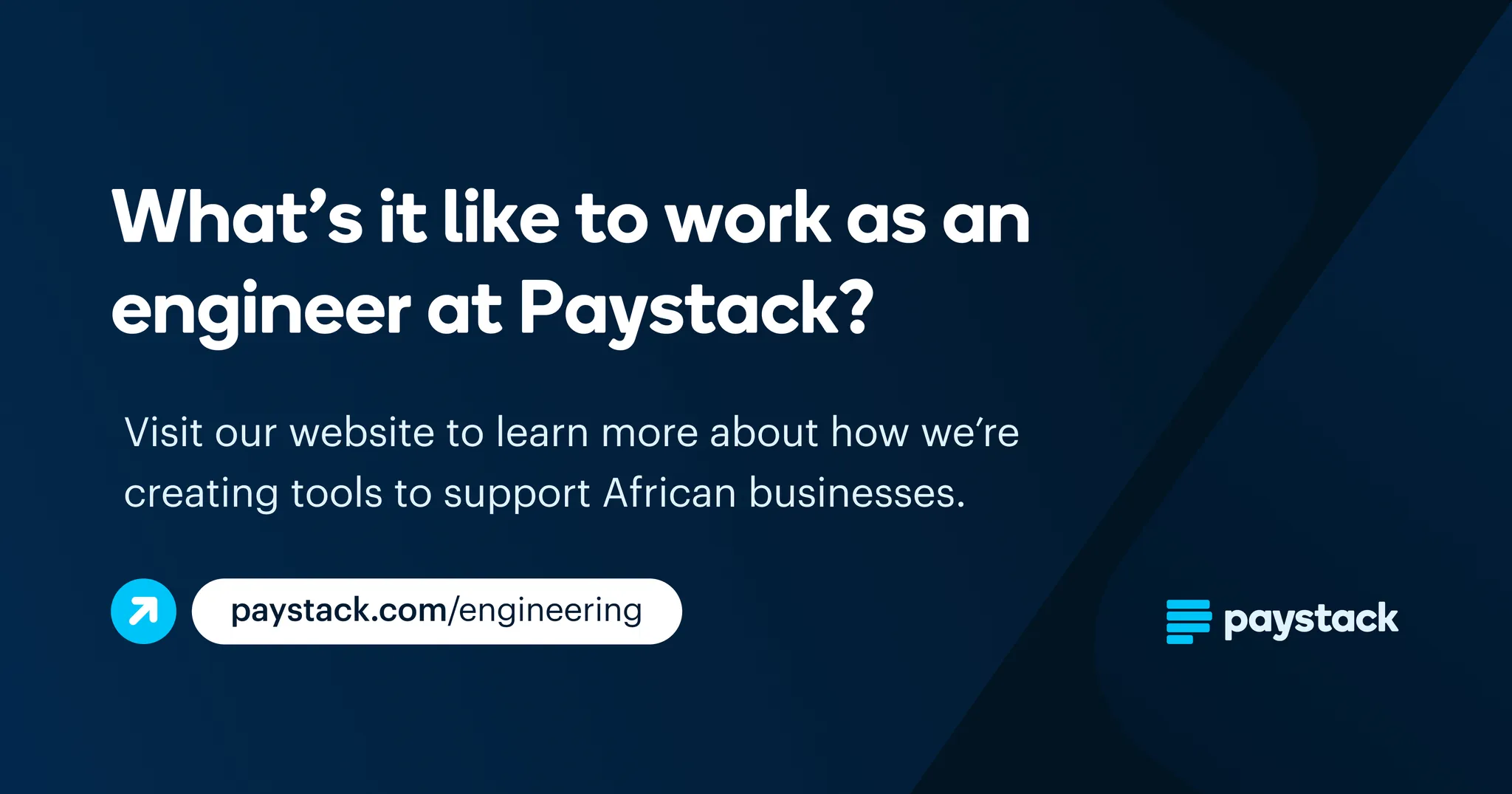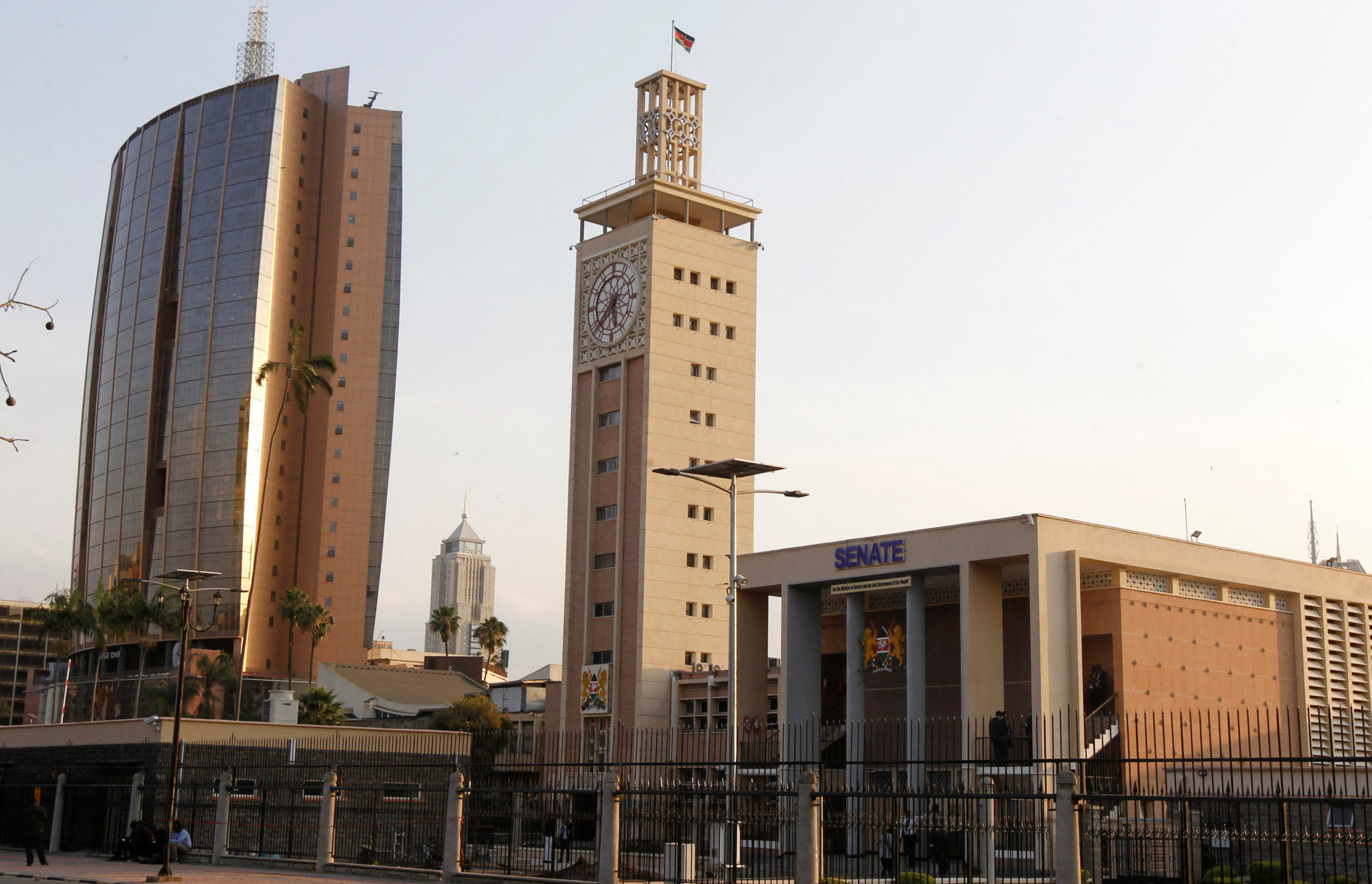- 👨🏿🚀TC Daily
- Posts
- Kenya's newest Act
Kenya's newest Act
Today: SeamlessHR explored a PaidHR acquisition.


Good morning☀️️
If you know a first-class or exceptional 2:1 graduate in Lagos, Nigeria looking to kickstart their journalism career, you should point them to The TechCabal Journalism Fellowship.
Our promise to our fellows includes hands-on newsroom experience, mentorship from top journalists, a competitive stipend and full-time job opportunities.
Sounds like you or someone you know? Then get started now.

Telecoms
NCC’s 50% tariff increase sparks mixed reactions

After 11 years of back-and-forth debates, Nigeria’s telecom regulator, the Nigerian Communications Commission (NCC), finally gave telecom operators a 50% tariff hike—about half of what they’d been dreaming of. It’s like asking for a full buffet and being handed a sandwich. Calls, SMS, and internet bundles are about to get pricier, but not so much that you’ll need a loan to stay connected (yet).
Operators can tweak prices within the ₦6.40 ($0.0041) to ₦50 ($0.032) range set way back in 2013 when the naira still had some dignity. The new rates roll out next week, so if you’re due for a recharge, now’s your chance to save a bit. Industry bigwigs like Tony Izuagbe Emoekpere (ATCON) and Gbenga Adebayo (ALTON) welcomed the move but politely reminded everyone that higher tariffs won’t magically fix multiple taxation, neglected infrastructure, or the maze that is right-of-way approvals.
With inflation zooming past 33% and operational costs up 120%, operators like MTN and Airtel are just trying to keep their heads above water. The NCC hopes this hike will help them invest in better services, but industry players are already eyeing full deregulation. “Let the market decide!” they cry, likely while clutching their spreadsheets.
Meanwhile, the NCC promises to keep an eye on service quality because nothing says “progress” like paying more for a slightly improved internet speed. Welcome to the future of telecom—where survival meets comedy.
Collect payments Fincra anytime anywhere

Are you dealing with the complexities of collecting payments in NGN, GHS or KES? Fincra’s payment gateway makes it easy to accept payments via cards, bank transfers, virtual accounts and mobile money. Get started now.
M&As
SeamlessHR explored a PaidHR acquisition

Mergers and acquisitions are as old as commerce itself and have been used in business to consolidate market positions, drive growth, and eliminate competition.
A case in point is Nigeria’s HR tech space, which has become ultra-competitive with new players entering the market.
In 2022, SeamlessHR, a Nigerian leading HR tech software company, tried to acquire PaidHR, a competitor in the space.
At the time PaidHR barely made the news and was only processing ₦2.7 billion ($18.5 million) in salaries. The acquisitions talk stalled at the time.
Fast forward to late 2024 after SeamlessHR had raised a $9 million Series A extension, the startup again explored acquiring PaidHR. This time PaidHR had grown rapidly and had processed ₦11 billion ($77 million) in the past year. PaidHR was also heavily investing in its cross border technology, which allowed its clients to pay their staff in several countries.
The cross-border payroll feature was seen as a key reason why SeamlessHR wanted to acquire PaidHR. However, the talks didn’t progress into a formal acquisition.
Typically, a formal acquisition offer involves sendingan indication of interest (IOI), while informal talks often occur without paperwork. No formal IOI was ever presented in this case.
While SeamlessHR acquisition talks may not have progressed into an acquisition, industry stakeholders claim that Nigeria’s HR tech space is ripe for consolidation.
According to one HR tech salesman, only about 2000 Nigerian businesses can afford HR tech software.
Investors argue that the HR tech opportunities in sub-Saharan Africa are not as significant compared to sectors like fintech or e-commerce. They believe the ecosystem would benefit more from a few larger companies capable of delivering high-quality services, rather than numerous smaller ones that might struggle to scale.
What’s it like to work as an engineer at Paystack?

Paystack’s engineering team builds simple, powerful tools to connect African businesses to customers. Learn more →
Regulation
Is Kenya's Startup Bill fit to regulate the nascent startup ecosystem?

Kenya has passed its Startup Bill, which mandates startups to allocate 15% of their expenses to research and development (R&D), and maintain 100% Kenyan ownership to qualify for government support. The bill could become law if President Ruto signs it.
While the intent to promote local ownership and innovation is clear, critics argue the execution may stifle the very growth it seeks to achieve.
Though Kenya is a leading African tech hub, its ecosystem is still maturing, with fewer big names and a majority of growth-stage startups struggling to scale. Globally, startups typically allocate 10–15% of their budgets to R&D, but early-stage firms often spend less, prioritising survival over research. For many Kenyan startups operating on limited resources, the mandated 15% could stretch budgets too thin, forcing cutbacks in other crucial areas like hiring or marketing.
The 100% Kenyan ownership requirement is even more contentious. Kenya’s tech ecosystem owes much of its success to the blend of local expertise and foreign partnerships. Most of Kenya's thriving startups have flourished by combining local insights with international capital and networks. Restricting foreign ownership could deter investment, limit collaboration, and slow the cross-pollination of ideas that have driven Kenya’s reputation as an innovation hub.
Kenya could consider a flexible approach that offers tiered R&D investment targets based on companies’ sizes or stages, and allow for partial foreign ownership. Regulating an evolving sector is a tough balancing act. It requires care; otherwise, you could risk losing long years’ worth of work in a moment.
CRYPTO TRACKER
The World Wide Web3
Source:

Coin Name | Current Value | Day | Month |
|---|---|---|---|
| $101,945 | - 3.52% | + 7.95% | |
| $3,204 | - 3.85% | - 6.20% | |
$3.12 | - 1.68% | + 38.36% | |
| $248.61 | - 3.58% | + 29.67% |
* Data as of 06:25 AM WAT, January 23, 2025.
Events
- The Lagos Tech Fest is set to hold its fifth edition from February 19–20, 2025 at the Landmark Event Center, VI, Lagos. Lagos Tech Fest gathers startups, innovators, investors, and government representatives to shape Nigeria's tech future through conferences, exhibitions, networking, and driving ecosystem investments. Get a ticket here.

Written by:Emmanuel Nwosu & Faith Omoniyi
Edited by: Timi Odueso & Olumuyiwa Olowogboyega
Want more of TechCabal?
Sign up for our insightful newsletters on the business and economy of tech in Africa.
- The Next Wave: futuristic analysis of the business of tech in Africa.
- TC Scoops: breaking news from TechCabal
P:S If you’re often missing TC Daily in your inbox, check your Promotions folder and move any edition of TC Daily from “Promotions” to your “Main” or “Primary” folder and TC Daily will always come to you.

How did you find today's edition of #TCDaily? |


